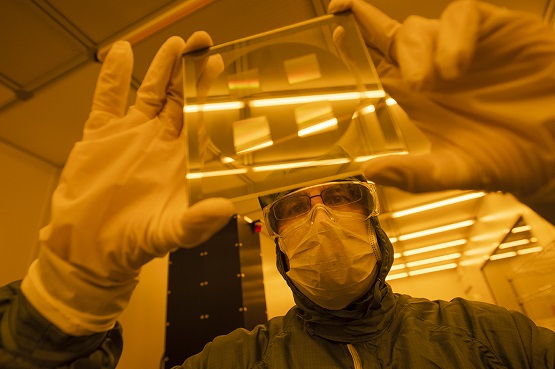
Australia's Monash University researchers have engineered new antimicrobial surfaces that can significantly reduce the formation of bacteria on medical instruments, such as urinary catheters, and reduce the risk of patient infection while in hospital.
This world-first study demonstrates the potential for 3D engineered surfaces in preventing the initial formation of microcolonies of Escherichiacoli (E.coli), Klebsiellapneumoniae and Pseudomonas aeruginosa - the three most common urinary tract bacterial infections (UTIs) associated with catheters.
The study team, led by Dr Victor Cadarso, from Monash University’s Department of Mechanical and Aerospace Engineering and the Centre to Impact AMR, engineered surfaces with smooth, 3D micro features, instead of the traditional sharp cross-sectional ones, to reduce the potential for harmful bacteria to attach on these surfaces in large numbers.
The tested surfaces demonstrated reduction in both attachment of bacteria and biofilm formation. One of the surfaces, P01, presented excellent properties against E.coli, K.pneumoniae, and P. aeruginosa with 55 per cent, 69 per cent and 68 per cent less bacterial cells attached, and 53 per cent, 77 per cent and 66 per cent less microcolonies being formed, respectively.
Researchers demonstrated that their 3D engineered microtopographies with varying heights and smooth curved cross-sections can simultaneously deter both the initial attachment and the formation of biofilms for three clinically relevant bacteria.




